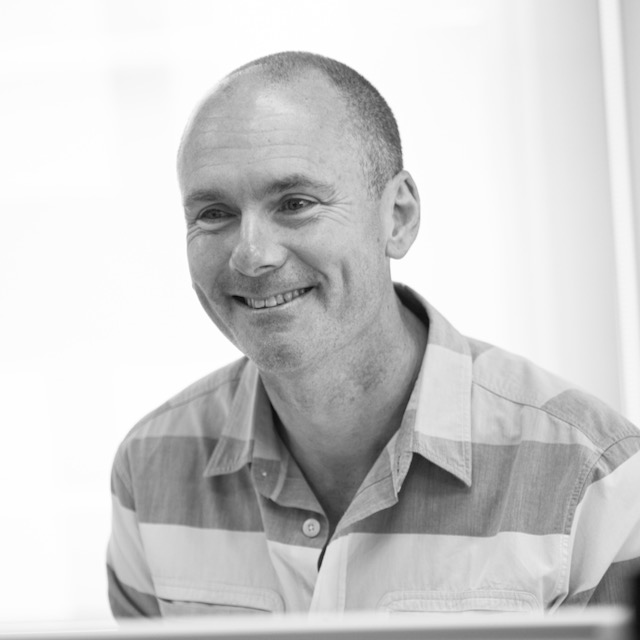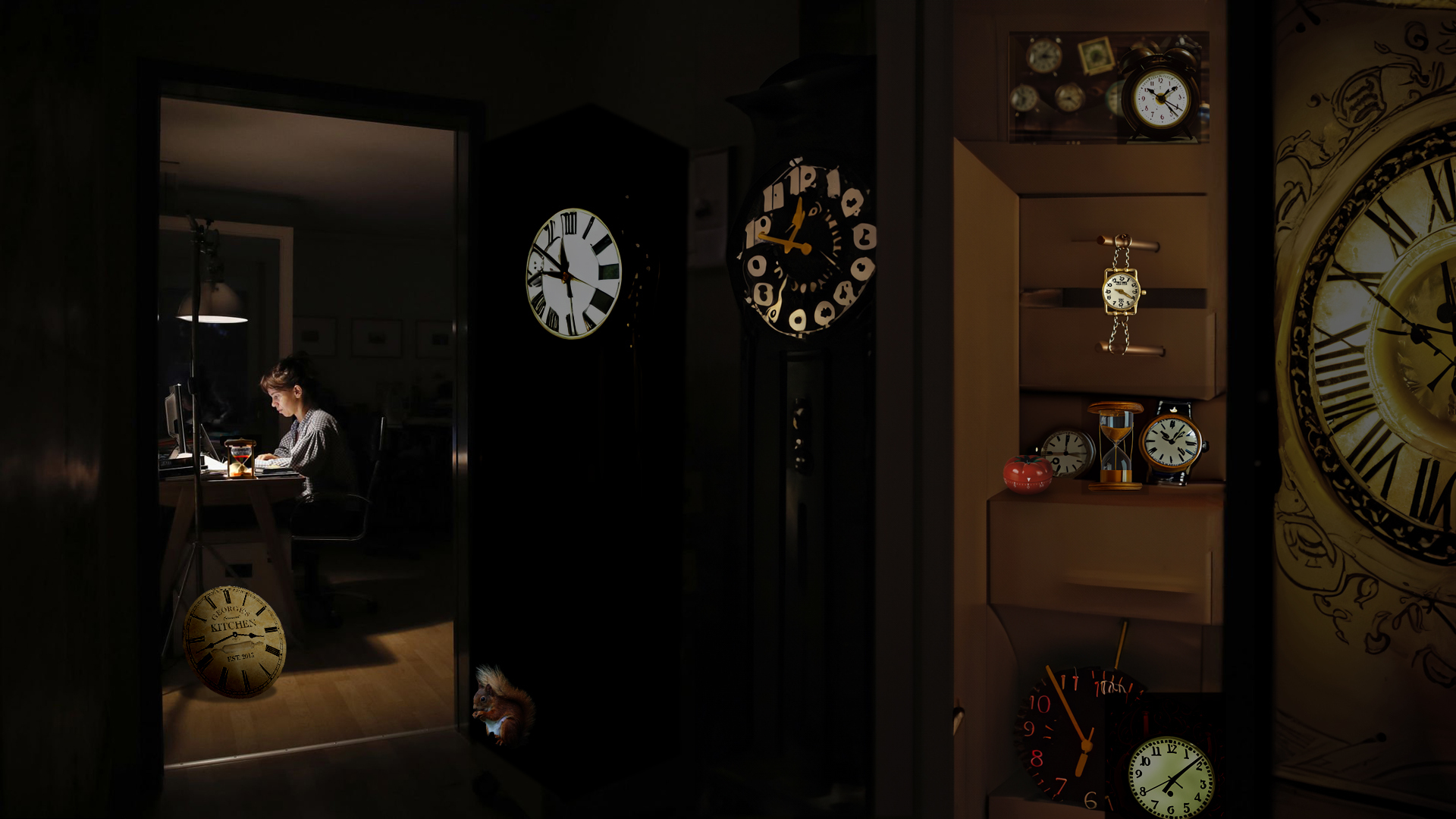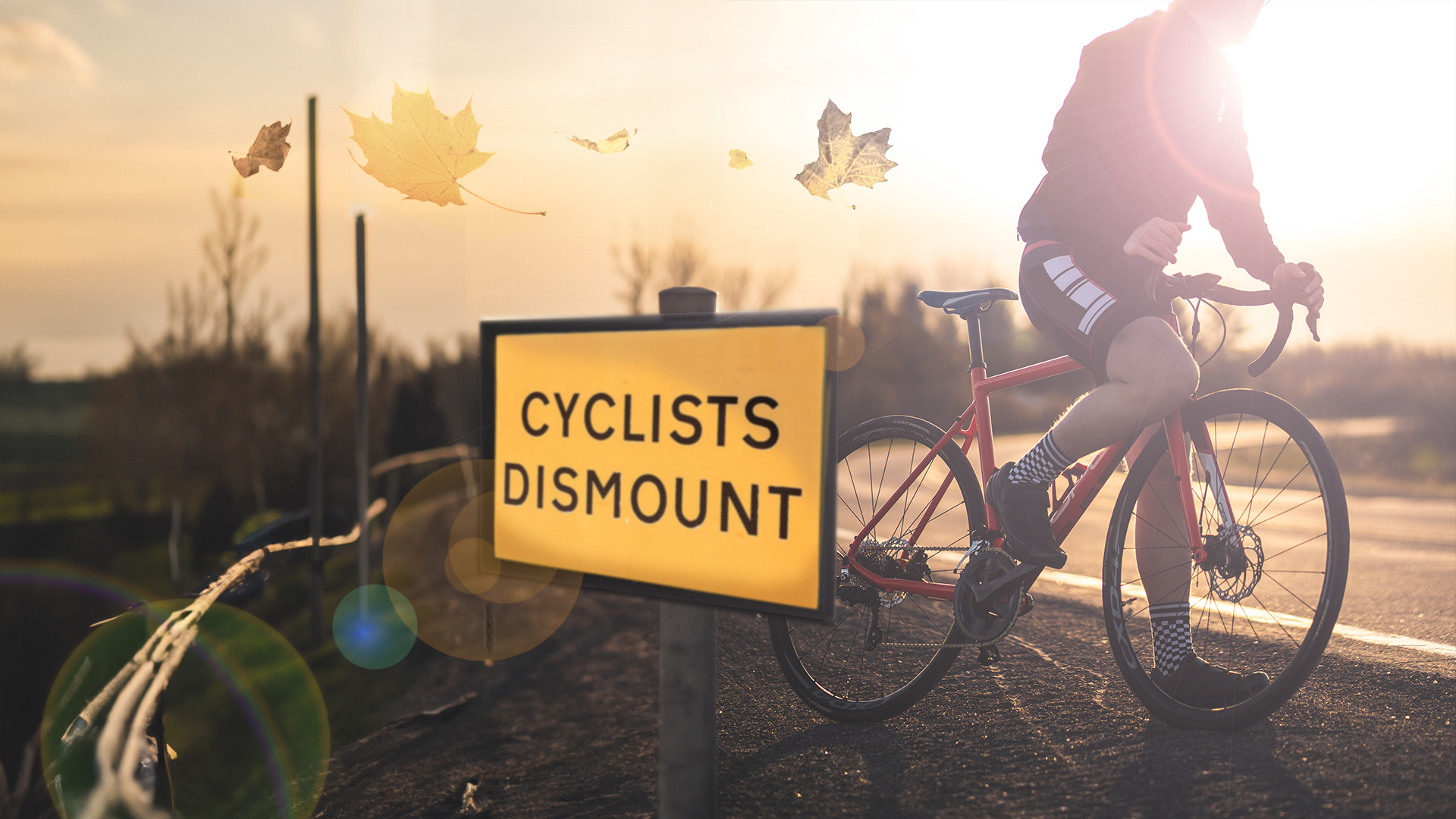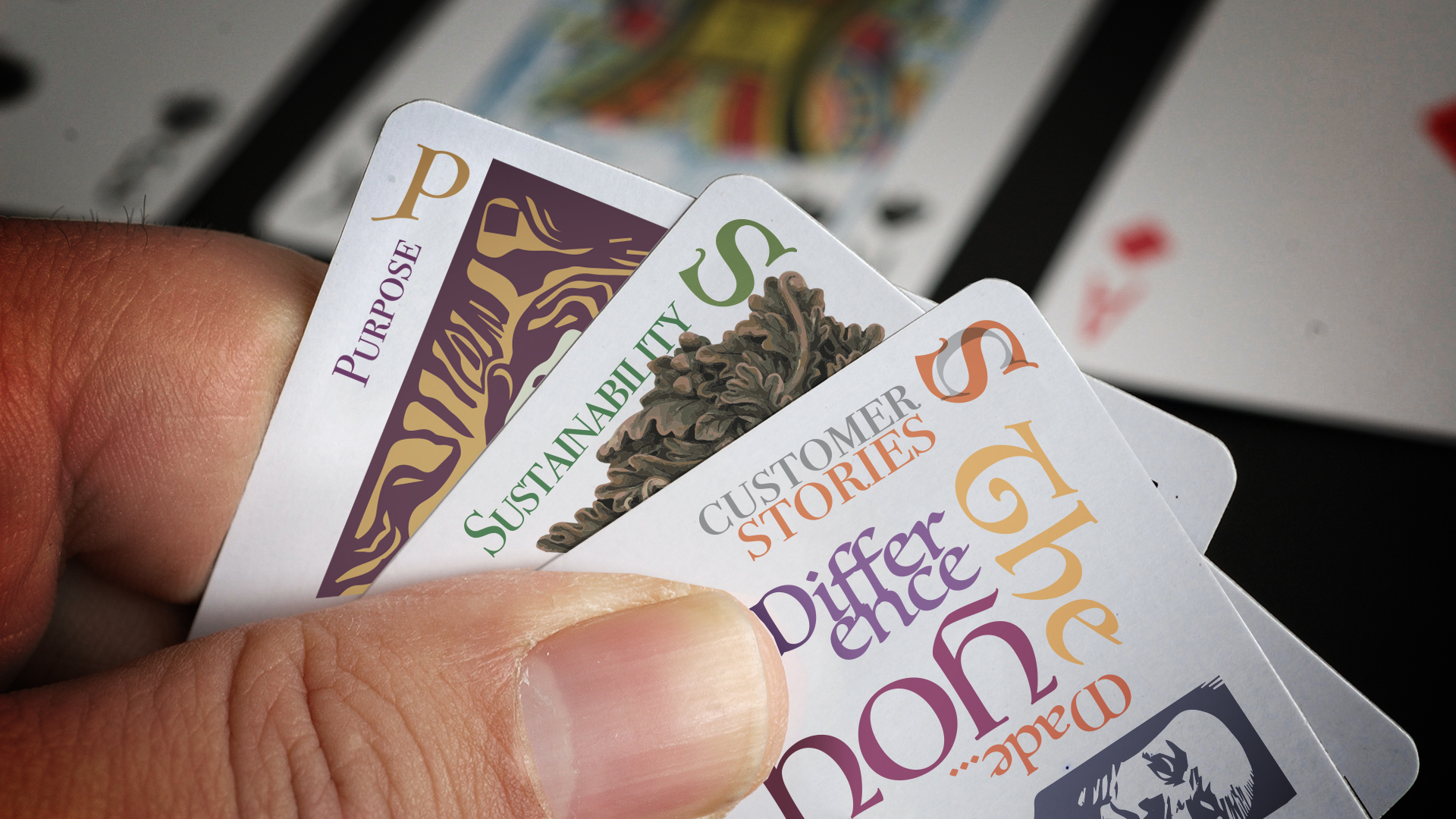We’ve previously written that maybe organisations should plan to allow their people an ‘off-season’ for rest and renewal. We were inspired by the example of sportspeople, where peak performance simply can’t be maintained all year round. If that sounds a little too Utopian to be genuinely useful right now, you might find creating a stockpile of good stuff for the lean times a bit more practical.
Autumn is traditionally a time for laying down stores. Crops are harvested and preserved for the winter months to ensure there’s food on your table when there’s less to pick in the fields. In business too, there are busy times and quieter periods.
"Every business has a rhythm to it, peaks and troughs that you can ride, if you listen for it. "
Hopefully not feast or famine, because that’s an unsustainable way to live, but there’s a rhythm to it, of peaks and troughs that you can ride, if you listen for it. Living to the beat of that rhythm means using your time mindfully, with an eye to thriving in both the upswings and the downturns.
It’s not something that comes naturally though. When you’re fully occupied you may feel like there just aren’t enough hours in the day. When you’re not, you might feel ‘how is it still only 11 am?’ We experience time differently depending on our state of mind. It flies when you’re in your flow state. You look up and it’s suddenly dark outside. But if you’re doing something that doesn’t engage you, time drags its feet.
Of course, stockpiling time is an impossibility, but we can manage the uneven nature of our experience of it. The trick lies in protecting your time during the upswings so that you can win back some invaluable focus time during the downturns.
And the starting point for that is learning to manage your energy.
Energy – manage it
Energy can be such a vague term. ‘I love your energy, Andy’ could mean anything from’ You’re really lifting my mood today’ through ‘Boy, you’re making my idea sound really cool’ to ‘Best not have that third espresso, mate’. But there’s a definition in your school books that engineers, athletes, artists, psychologists, you and I, can agree on.
Energy is the capacity (…the potential ) to do work.
Your work might be physical, mental or emotional. It could be creative, expressive or performative. When you have energy, work can happen, and fairly effortlessly too. You’re in the groove, the flow. And when there is no more energy, your day is done. Trouble is – as we mused in ‘Seasonal’ – in today’s workplace it’s vogue to pretend that isn’t the case. That we can ‘push through’ and ‘crack on’.
But it just isn’t true. You can’t get more energy out than you put in. Your energy stockpile is finite and it’s replenished only slowly. So the toolset you need to develop is energy management.
Ever participated in an endurance event – a half marathon, a Gran Fondo, anything else that takes you past 90 minutes of effort? Then you’ll already know the basics of pacing, feeding, and active recovery.
If you’re using energy faster than you can replace it, eventually you’re going to hit The Wall (for the marathoners ) or The Bonk (cyclists). And if you don’t feed as you move – you hit it sooner and harder. But once you find your sustainable pace, and learn how to feed as you go, then there’s a third tool in the box. You can push harder for a short while, so long as you follow it with a period below your sustainable pace. This is active recovery.
"A sustainable pace translates into a cadence of work and rest that you could repeat daily, almost indefinitely, and feel like you’re thriving"
Easy (ish) to apply in a race, but more tricky at work. The temptation when it’s busy is to go flat out. But when is it not busy? So that way breakdown and burnout lies. What you want to avoid is getting sucked into a cycle of stress and collapse. Or running at full pelt to deliver projects and hit client deadlines, and then feeling run over once they’re done.
A sustainable pace translates into a cadence of work and rest that you could repeat daily, almost indefinitely, and feel like you’re thriving. Work is whatever it means to you. Also, be aware of which parts of your day you’re at your most creative, your most patient, your most analytical, and organise tasks to match, whenever you can.
Rest can be uninterruptible time with friends and family, reading a good book or watching a movie. Importantly, resting well means getting enough good sleep. During sleep we replenish our mental reserves and much more. Good sleep positively influences our mood, our creativity, and the fundamentals of a healthy metabolism such as well-regulated blood sugar and appetite.
Which brings us to feeding on the move. We’re not just talking about meals here. Take time out from your working day to stroll outdoors, do some yoga or meditation, play your guitar or fit in your favourite workout. These things relax and recharge us. They’re food for the mind, body and soul.
When your pace is good, you’ll enjoy the quiet time, not spend it lying exhausted in a dark room.
And of course you can still go harder when you need to. Just know that long term, it’s not sustainable. Active recovery looks like scheduling quality time for thinking, planning, organising, restructuring once the deadlines are met. Looking ahead to the time beyond the deadline and making positive plans for it can help you reach it in a good frame of mind. Like slowing to a walk during a run rather than stopping completely when you need a break, it’s much easier to get going again if you’re still moving forward
Time – protect it
When you’ve found your balance energy-wise it’s far easier to protect your time. If you’re running on empty then time feels like an impossible luxury. When your calendar is over full and you’re in back to back meetings, the idea of a couple of hours free of other people’s demands feels like bliss.
Busy-ness can be a great excuse for procrastination. When you allow yourself to get too busy to think, you give yourself permission not to do it. High value but time consuming activities like writing get pushed aside. Likewise business development thinking. Over-filling your calendar stops you from digging into the profitability of client A vs client B, and holds you back from considering which types of projects really align with your values.
"Busy-ness can be a great excuse for procrastination"
Doing that big thinking can lead to some course corrections and potentially difficult decisions, but you and your business will be stronger because of it.
It isn’t only big thinking that suffers. Small but important things get sidelined too, because you just don’t have time to deal with them in the now. You tell yourself you’ll do them when you’re less pressured. Yet when that moment rolls around, something or someone else is jerking your chain.
So invest some time learning a time management skillset. There are loads, so try a few and choose one that works for you. Andy’s favourite is Get Things Done (GTD). It’s very easy to learn. All of them use a system of prioritisation and choices to produce a short, achievable, daily ‘to do’ list.
Value that thinking time. Feed the time management process by making brief notes for your future self during busy times. Jot down the things you want to look into and explore. Once you do get ‘on task’ here’s another really powerful technique to help avoid distractions and see it through.
Do this one thing | Learn the Pomodoro Method to win back your time and focus
Stockpile ideas
We can’t stockpile time, but we can manage it so we’re in a position to stockpile something potentially even more valuable – creativity and the ideas that creativity generates.
"Every new product, service, and positive change of direction starts with an idea."
Good ideas are priceless but you can’t guarantee when, or if, they’ll arrive. Having time to think doesn’t necessarily mean that inspiration will strike. In fact, sometimes your best ideas will materialise when you’re right in the thick of it and you don’t have a spare minute to do anything about them. Good ideas thrive on creative thinking. Being curious, looking at things from different perspectives, asking questions, and being playful. It’s hard, if not impossible, to be creative if you’re exhausted or stressed.
Think about what feeds your creativity. Movement, fresh air, new surroundings, cities, green spaces. Some people need quiet, others crave buzz, it’s different for everyone. But we’ll bet that whether you’re an introvert or an extrovert, just sitting at your desk for hours probably won’t do the trick, creativity-wise. Make plans for creative bursts so they’re positively anticipated, rather than a knee jerk reaction to the end of a project. Quick, quick, think of something fast!
Stockpile potentially useful ideas for times when you have the headspace to dig into them. Make notes while you’re busy – a scrawled message to yourself that captures the essence of what you’re thinking about – and look at them when you have the time. Adding some context to the note e.g. what you were doing, what generated the thought, will help you slip back into the right frame of mind to pursue it further. Systemising this – a notebook for ideas + a slot in the calendar to sift through them, increases the likelihood of positive action.
Do this one thing | Set reminders for your future self |‘Ping – Reminder: I had an excellent idea for this edition of The Clec.’
In Issue 94 of The Clec we’ve curated some more helpful and feel-good articles. Enjoy!






What do you think?